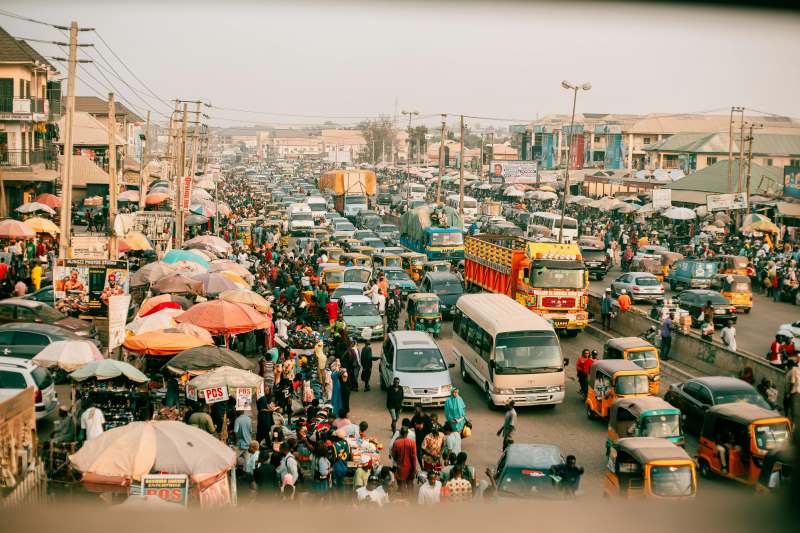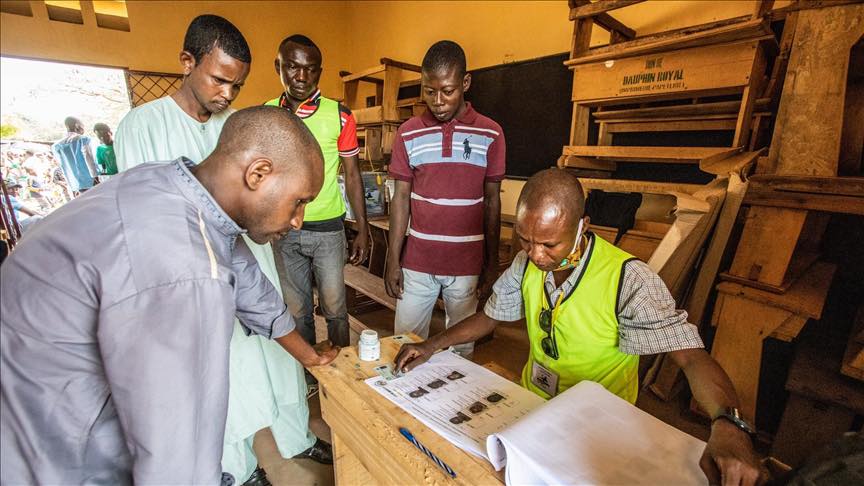Photo Credit—Il Vagabiondo
Philadelphia, PA—The concept of home is increasingly complex for Black migrants who have made home in the City of Brotherly Love. What does it mean to be ‘local’ in a globalized world? “Where are you from?”
Taiye Selasi, in her TED Talk, “Don’t Ask Where I’m From, Ask Where I’m a Local,” argues that this question, though simple, is flawed. It assumes identity is tied to a single place, a static marker of belonging. But if migration has taught you anything, home isn’t just a pin on a map. It’s a collection of places, experiences, and relationships that shape who you are.
We’ve all been asked these questions countless times, sometimes with genuine curiosity, other times with an edge of assumption. Do they want the long answer or the short one? The city on your passport or the place that raised you? The last country you lived in or the one you left years ago? So, let’s reframe it using the three markers of “locality” Taiye mentioned in her talk—rituals, relationships, and restrictions. That is, instead of asking where you’re from, a better question would then be, where are you local?
At first, Philadelphia was just another city. The landmarks were names you barely remembered. The streets felt unfamiliar. But gradually, routines formed. Maybe it’s the morning coffee from the corner café where they know your order. Perhaps it’s taking the SEPTA train to work, knowing which station gets the best breeze in summer. Maybe it’s the Friday night jollof from Suya Suya or Amina, a taste that bridges the gap between past and present. These rituals, small as they seem, root you.
Then there are relationships—the neighbors who greet you with a nod, the colleagues who introduce you to a new slang, the happy hours, baraber shops or nail salons, and several other new ways of seeing the city. Philadelphia has become the community that makes you feel like you belong, even on the days when homesickness creeps in.
And, of course, there are the restrictions. Your new “Black” identity, the needed code-switching you didn’t grow up with, the reality that despite how long you stay, some people will always see you as “a migrant” The unspoken rules of a place that you learn by trial and error—like how small talk works here and if it even does, how to navigate job opportunities, or even just which part of the city feels safest at night. If home isn’t one place, then what is it? It’s a practice. A continuous effort. It’s in how you show up for your community, embrace new customs without losing your own, and balance nostalgia with the excitement of new experiences.
Like every city built on migration, Philadelphia is layered with stories of people who came before you.
The Great Migration saw Black families move here in search of opportunity. Refugees have arrived, entrepreneurs have built legacies, and students have made it their temporary home. Each has added something to this city’s identity. And now, you do, too.
To be “multi-local,” as Taiye taught in her Talk, means you carry your identity with you, but you also let new places shape you. It means that the version of you who left your old home isn’t the same person who exists here now. And that’s okay. Growth isn’t disloyalty. You might still have days where you feel like an outsider. That’s part of the journey. But the truth is, you’re not just passing through. You’re creating, contributing, and shaping. So, next time someone asks, “Where are you from?” Maybe you’ll pause. Perhaps you’ll smile and say, “I’m from many places. This is home, too.”





